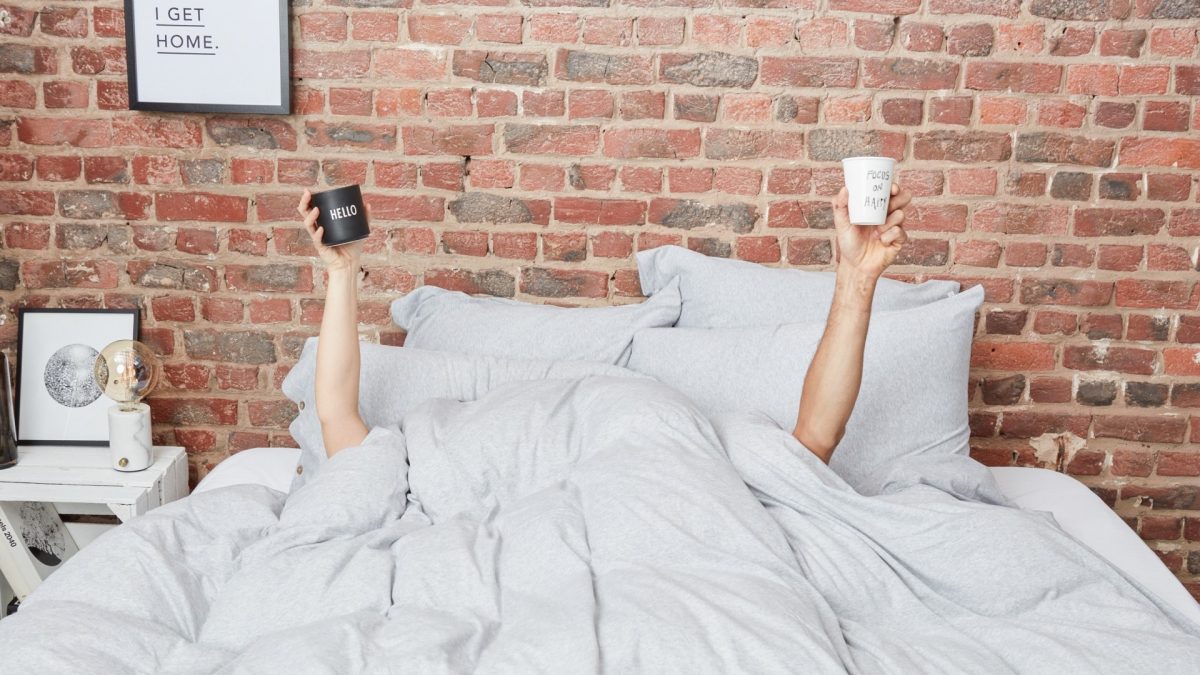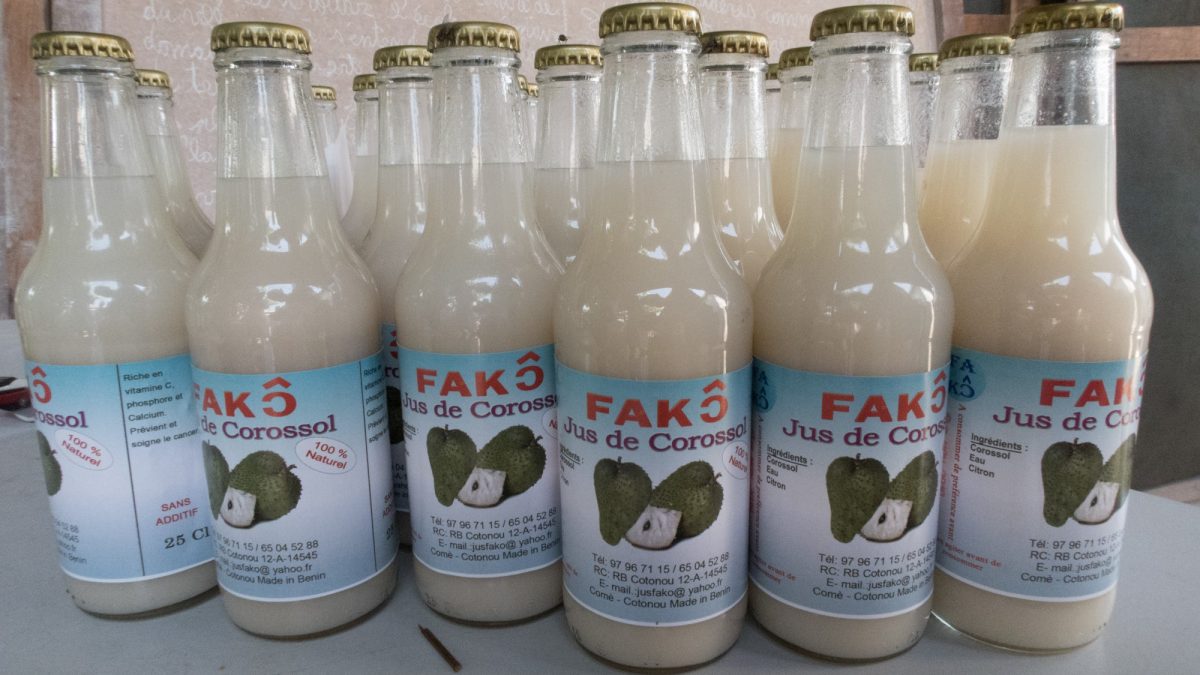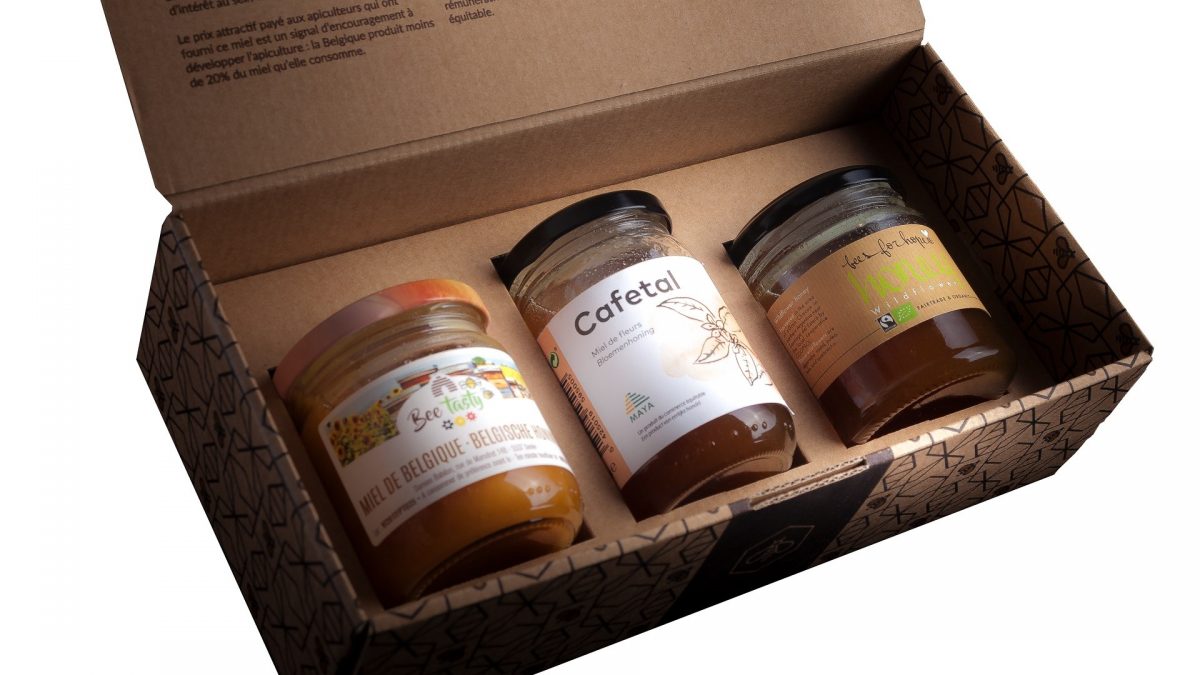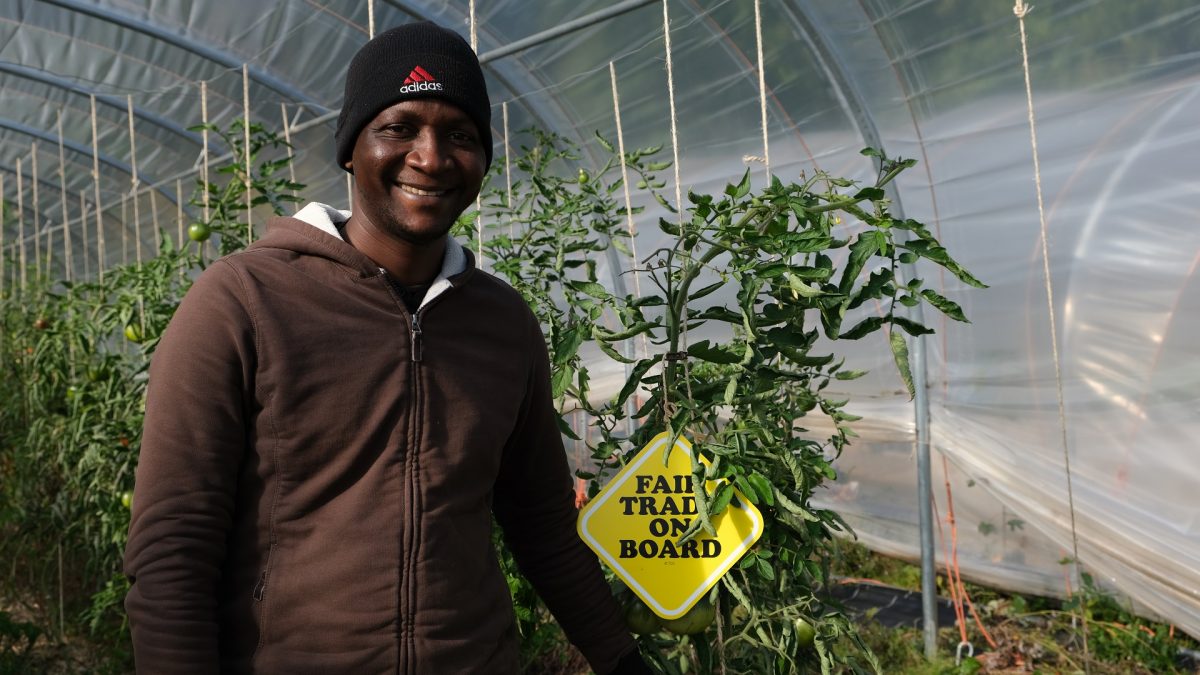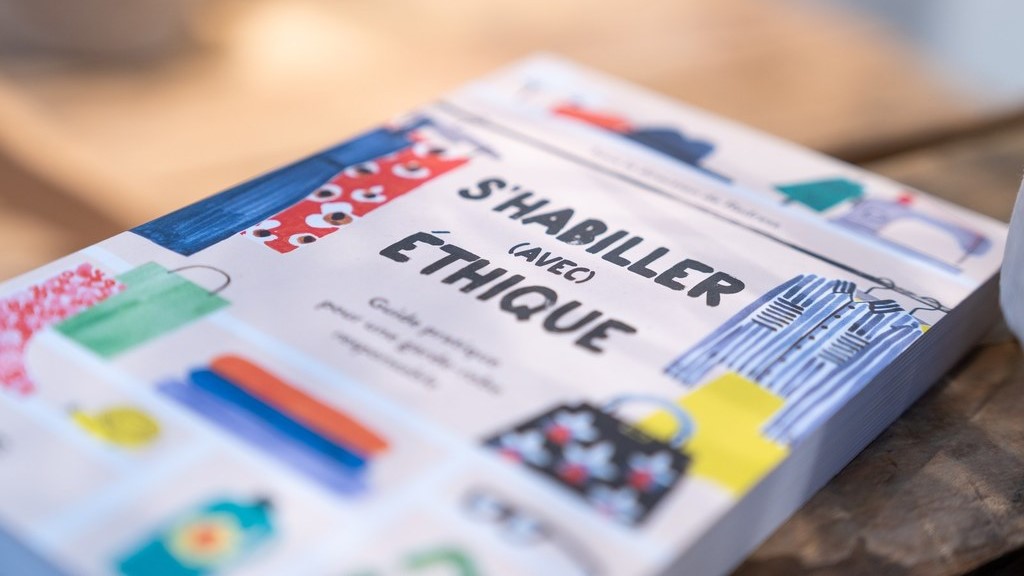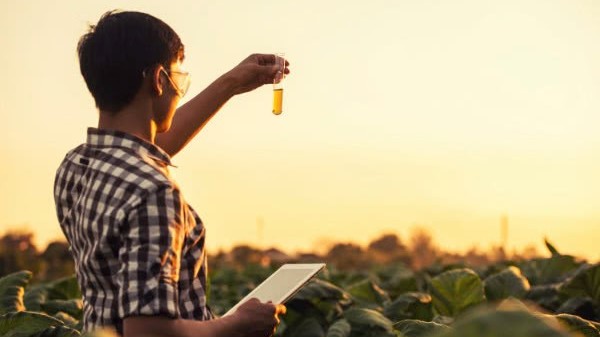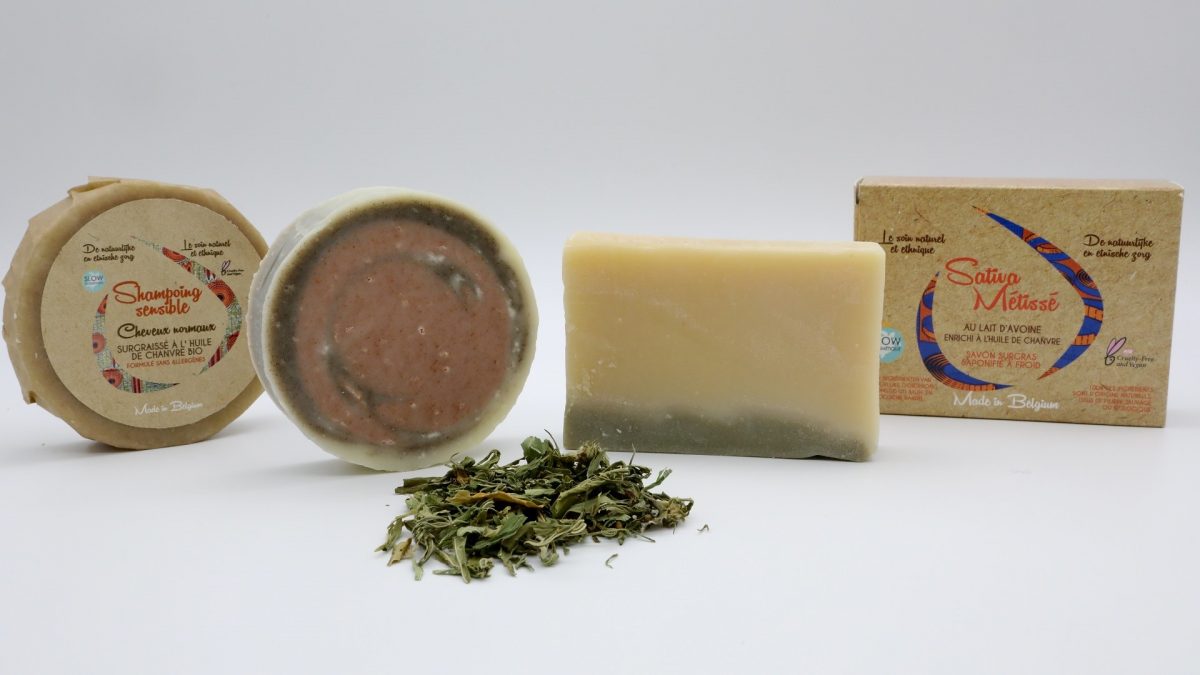Kalani’s household linen is both organic and fair trade. It is one of the few textile brands in the world that knows exactly where the cotton for its household linen comes from. Founder Bruno Van Steenberghe talks about his commitment to farmers in India, about his concern for the environment, and the health of his customers.
